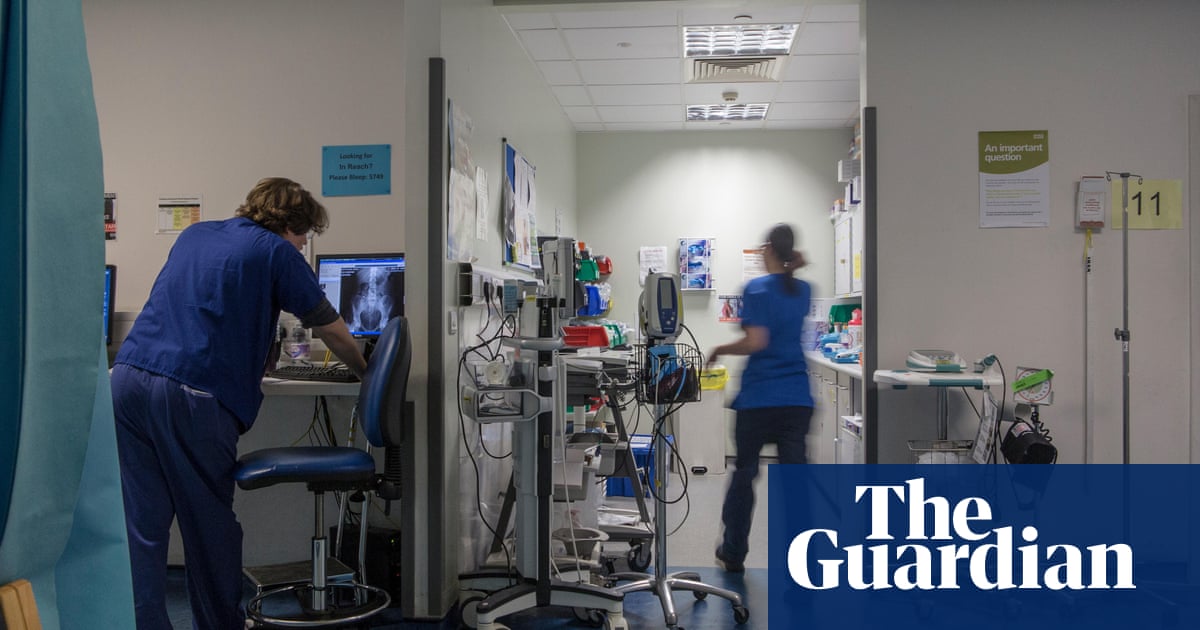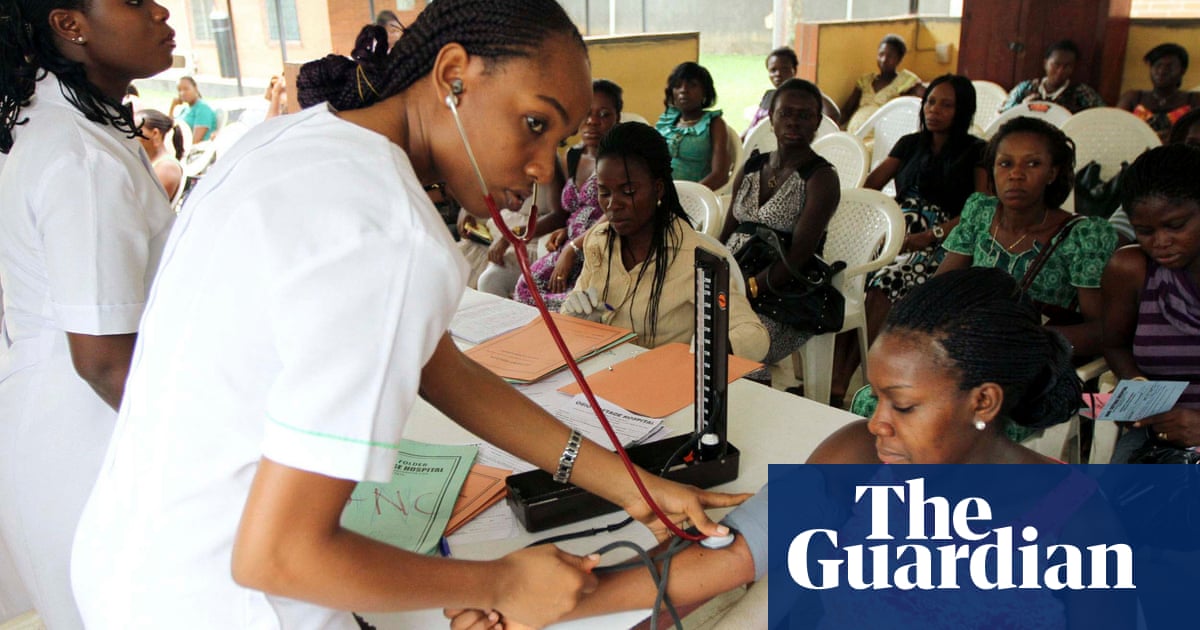
NHS trusts in England have increased recruitment from low-income “red list” countries to make up for the post-Brexit loss of EU staff, despite a code of practice to safeguard health services in those developing countries.
A report by the Nuffield Trust thinktank also identified shortages in vital specialist areas since Brexit, including dentistry, cardiothoracic surgery and anaesthesiology.
It found that Brexit is still causing issues with the supply of medicines in Northern Ireland despite a change in the arrangements put in place by the EU last April.
The report says that since 2021, the Northern Ireland protocol obliging EU trade rules to be followed in the region has led to a different set of medicines being available compared with the rest of the UK.
Of the 597 products specifically approved by the Medicines and Healthcare products Regulatory Agency since Brexit, “only eight were also approved for Northern Ireland under the same name and company”.
It also found that since 2021, 52 products had been granted marketing authorisation for Northern Ireland but not in Great Britain under the EU approvals system, including a painkiller from the Slovenian company Sandoz Farmacevtska Druzba designed to stop people dying from opiate overdoses.
The DUP described the report as “deeply alarming”.
During the research for the report, Health and Brexit: Six Years On, interviewees in the NHS signalled a shift away from national recruitment towards individual agencies and NHS trusts, with a “significant increase” in hirings from countries on the World Health Organization’s support and safeguard list, or “red list”, countries such as Nigeria, Pakistan and some other Asian countries.
It found the nurse registration from those non-EU countries had gone from about 600 a month before 2020 to close to 1,000 a month in 2021.
The WHO red list is replicated in the UK’s government code of practice on recruitment and stipulates that hiring from any of the 47 countries on this list compromises local healthcare systems.
Exceptions allow for recruitment when a healthcare worker makes a direct application to the NHS themselves or if there is a bilateral agreement in place. Otherwise the report says: “The UK health system is not supposed to actively recruit staff from ‘red list’ lower- and middle-income countries that are identified as experiencing structural workforce shortages.”
The safeguards are in place to protect hospitals and health systems in low-income countries, with 89% of the global nursing shortages in those countries, according to data cited by the Nuffield Trust. Yet NHS trusts and agencies were openly recruiting from these countries, raising important ethical questions about UK policies, the academics found.
But the report found that the number of nurses joining the UK register from outside the EU had risen since 2012 from 800 to 18,000 in 2022.
It also said some “essential professions” had been “left behind in this general shift from EU and Efta” to non-EU countries. “Cardiothoracic surgery has historically been heavily reliant on European staff and saw a 100% rise in the five years before the EU referendum,” it said. “This has slowed to almost nothing, with no increase in rest-of-world recruitment.”
Anaesthetics has also been hit, with serious consequences for the NHS.
Staff from EU and European free trade area countries, which include Norway and Switzerland, had risen by more than 20% before Brexit but has since fallen to just 5%.
The number of EU and Efta dentists joining the register in the UK had halved, it said.
The Department of Health and Social Care has been approached for comment.










